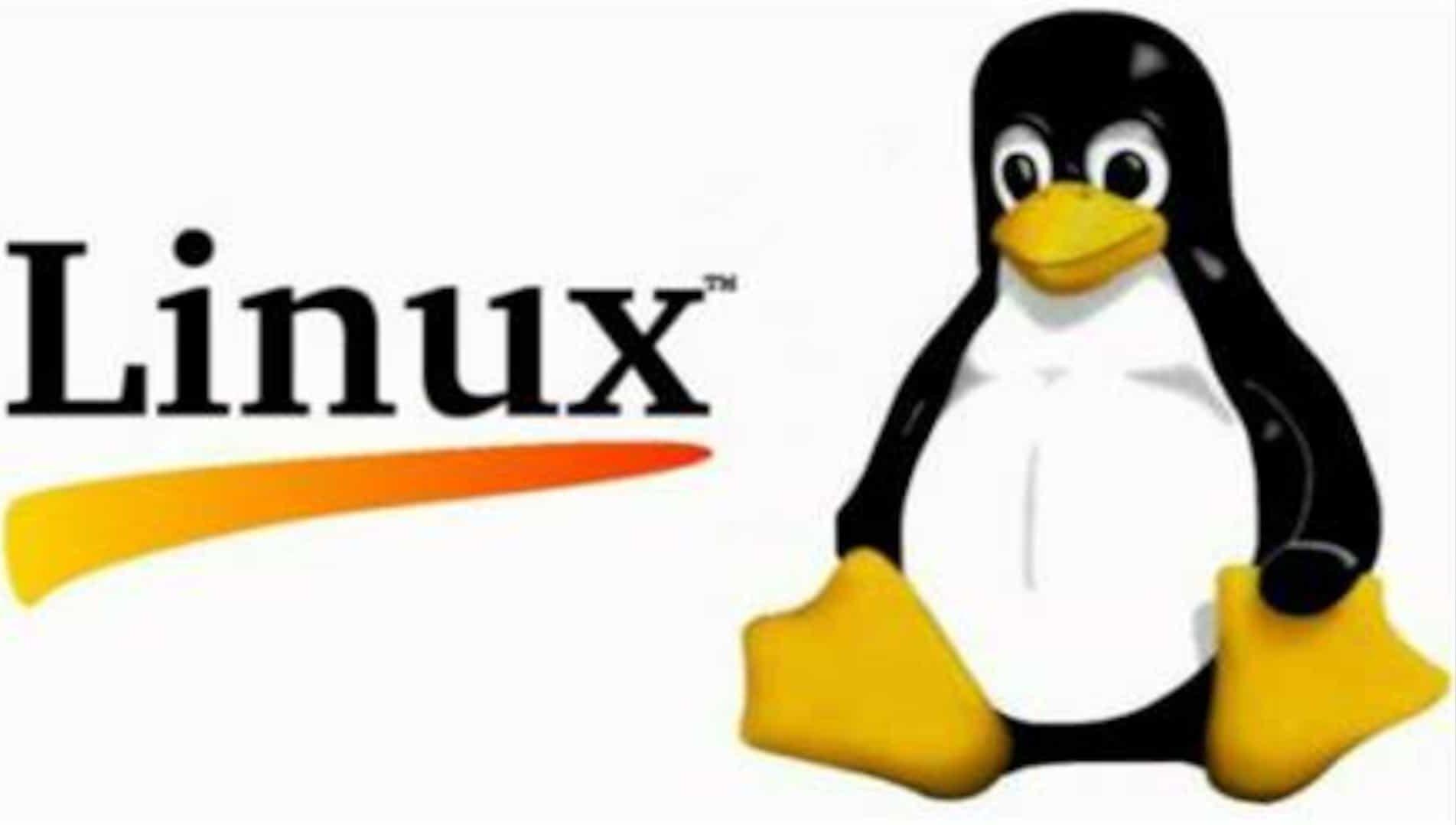Why Use Linux?
Last time, we looked at what Linux is and is not. Today, we’ll lay out part of why you should want to use Linux rather than Windows or macOS. Let me recap just a bit from what Linux is before we jump into the meat of today’s post, ok?
So, what is Linux? Technically, it is the kernel, or base layer of an operating system. It is what everything else, from the firmware, drivers, BIOS, desktop environment, and applications hook into in order to make your system run the way you want. It is one of the main free & open source options out there in the wild. When you look at software or operating systems, you want to find something that is relatively popular and stable, so that you make sure that you’ll have support available, should you need it. Every distribution (combination of packaged kernel, desktop environment/window manager, display manager/protocols, base package set, and package manager) is a bit different, and each one has a target audience. Many will tell you who they are meant for on the home or about pages of their respective websites. You can check on the popularity of certain distributions by checking them on https://distrowatch.com. Some do not like Distro Watch, but as a general feel for user base numbers, it is a decent metric.
Ok, ok, time to get to the main point of the post: Why Linux?
#1) It is incredibly flexible
You can literally do anything with this Swiss army knife of an operating system, errrr, kernel ;). You can build it light (eg: Alpine or NixOS for a fridge or some other IoT appliance), or build it as beefy as you want (see a distribution like Garuda, which is meant to be very gaming-focused, so comes with most of the tools you’ll need in order to run most any game that is possible to play on Linux), or somewhere in between (something like Manjaro or Mint). As you can see, there is a very wide variety of options, or you can take the time to customize things and build it from scratch (not suggested, unless you are a developer and have the time and understanding to manage that). I could go on, but I think you are probably starting to get the picture.
#2) It is free
Yes, you read that correctly. It is free, not all distributions are, but 99% are, and the ones that aren’t, are likely enterprise-level options, such as CentOS, RHEL, or Ubuntu Pro, which come with extra support, usually from the organization which creates the distribution itself. This means that you can adopt it without cost, except for a bit of time to learn a new system. We recognize that that can feel daunting for people who are just looking at it, as the breadth and depth of the material is extensive, but simple daily usage for a distribution like Mint is something that can easily be achieved by an 80 year-old grandma. If granny can do it, so can you.
#3) It is more secure (in general) than the two main options
How could that be? It is Free & Open Source. That means that any developer or programmer who has the desire or skill to do so can audit, change or distribute the code themselves. This adds security because there are so many more eyes on the code in a FOSS option like BSD or Linux vs Windows or macOS (which yes, is technically FOSS at its core, but that is not the point right now). More eyes = more possibilities to catch bad or malignant code in the code base before it harms someone, or better chances to effectively patch issues more quickly than Windows, in particular, all while *almost* never crashing running systems.
#4) It can revitalize old hardware
I’ve seen this and live this on a daily basis. I have a 2011 HP dv6 which would not run Windows 10 to save its life, much less Windows 11. It has run any Linux distribution I’ve ever thrown at it, and enables my boys to use it for school and entertainment. An average distribution (such as one of the mainstream options I mentioned above) can cause your system to run like new again. A lightweight option, like Puppy Linux or 4mLinux can take an otherwise dead machine and give it an entirely new lease on life. One cannot expect miracles, here, but I have seen some amazing things.
#5) The internet already runs on Linux
If big corporations already use it for their server infrastructure (and most do, even Microsoft has its own in-house Linux distribution which it uses to power much of Azure). AWS is based almost entirely on Linux servers, need I go on? Google has its own in-house Linux distribution as well, and I would have a hard time believing that most of the Google cloud wasn’t running on something like Debian or RHEL. If it is good enough for the big boys in cloud computing, why not join the penguin team?
These were just the top 5 reasons I came up with after some thought, and looking at the following articles:
https://www.linode.com/docs/guides/benefits-of-linux/
https://www.zdnet.com/article/the-most-important-reason-you-should-be-using-linux-at-home/
https://opensource.com/article/21/4/linux-reasons
